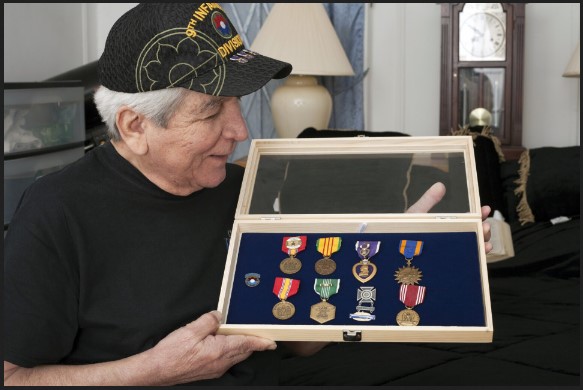
You’re looking around for programs that would provide some support for an elderly loved one. Have you considered the idea that some help may be available due to past military service? Now is the time to look into some sort of VetAssist program and see what the qualifications happen to be. The following is sure to be part of the conversation.
A Veteran or the Surviving Spouse of a Veteran
One of the first points to address is the connection that your loved one has with the military. If he or she personally served, then there’s a good chance of qualifying. The same is true if your loved one is the surviving spouse of someone who served.
While harder to find, there are some programs that relate to close relatives of a person who served. This means if your loved one is the child of a former military member who has passed on, there may be a program out there that can help.
Service During Wartime and an Honorable Discharge
Once determining the connection with military service, further drill it down based on when the service took place. There are programs designed for those who served during wartime. Assuming that they were honorably discharged, there’s a good chance of qualifying for at least some type of assistance.
If you have documentation to confirm the term of service and the nature of the discharge, this can help expedite the application process. If not, it’s still possible to go through the specific military branch and obtain the information that you seek.
To What Degree is Your Loved One Housebound?
There are some programs that focus on the particular degree of support that is needed. You may find that one VetAssist program or another is particularly concerned about mobility issues or other conditions that make getting out more difficult. You can get an assessment from a doctor in order to provide this type of information.
You will find that qualifying for some programs will require that the loved one be considered at least 60% housebound. In exchange, the degree of support provided increases based on how much help the loved one will need.
Meeting the Financial Qualifications
Finances are another consideration. Typically, the goal is to provide data confirming that the loved one would need financial support in order to receive the level of home care that’s needed. Many programs set income limits. That means if your loved one’s total non-exempt income exceeds a certain amount, then it will not be possible to participate in the program.
What’s considered non-exempt income may vary from one program to the next. It could be that the military pension is not be included in that figure. It could focus more on money from civilian pensions, investments, and other forms of income. Once you know what qualifies as exempt and non-exempt income, you will know if pursuing that program is worth the effort.
If one program does not work, don’t give up. Move on to the next one and see what it has to offer. While it may take some time, there’s a good chance of finding at least one program that would be a good fit for your loved one.